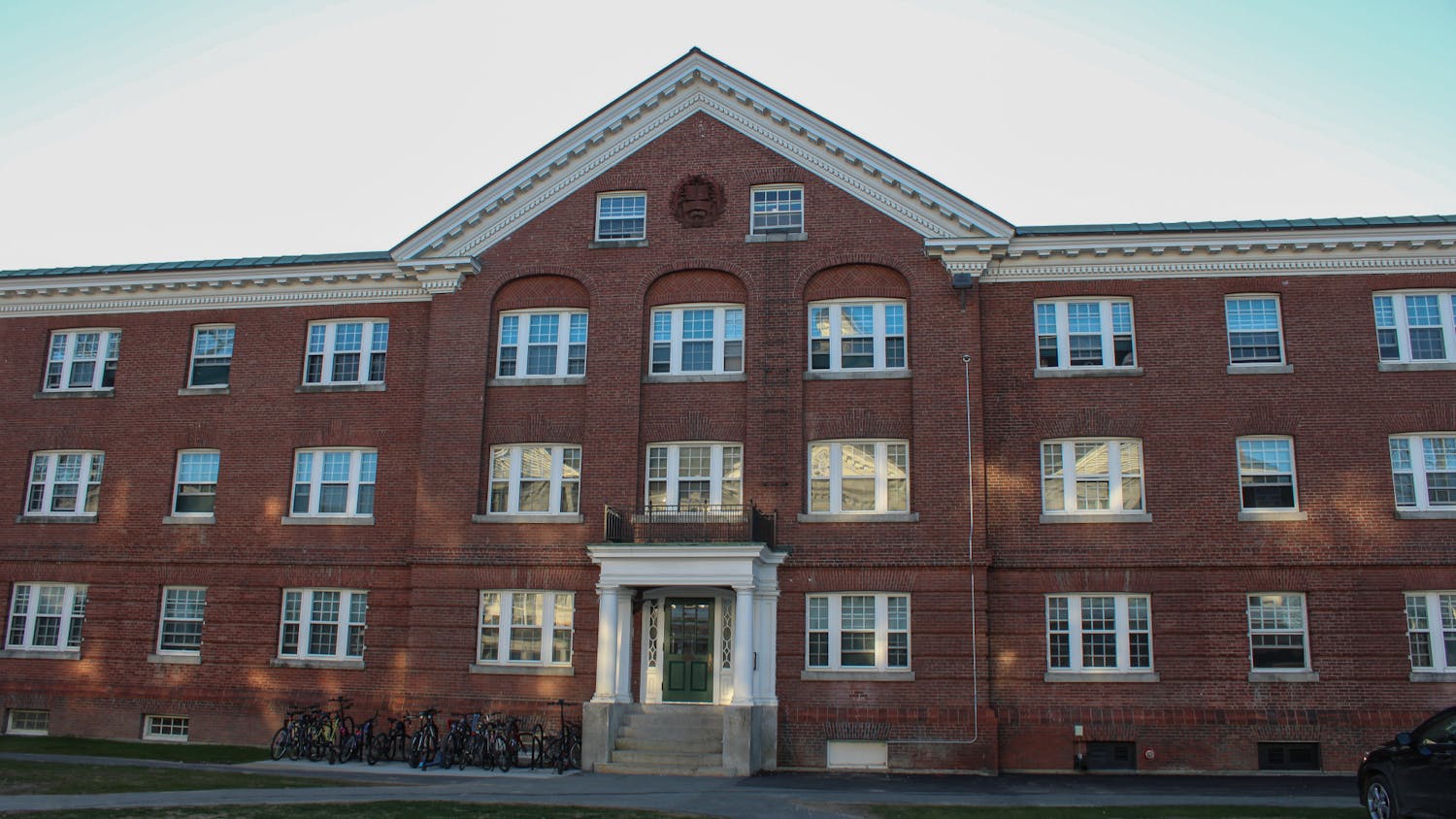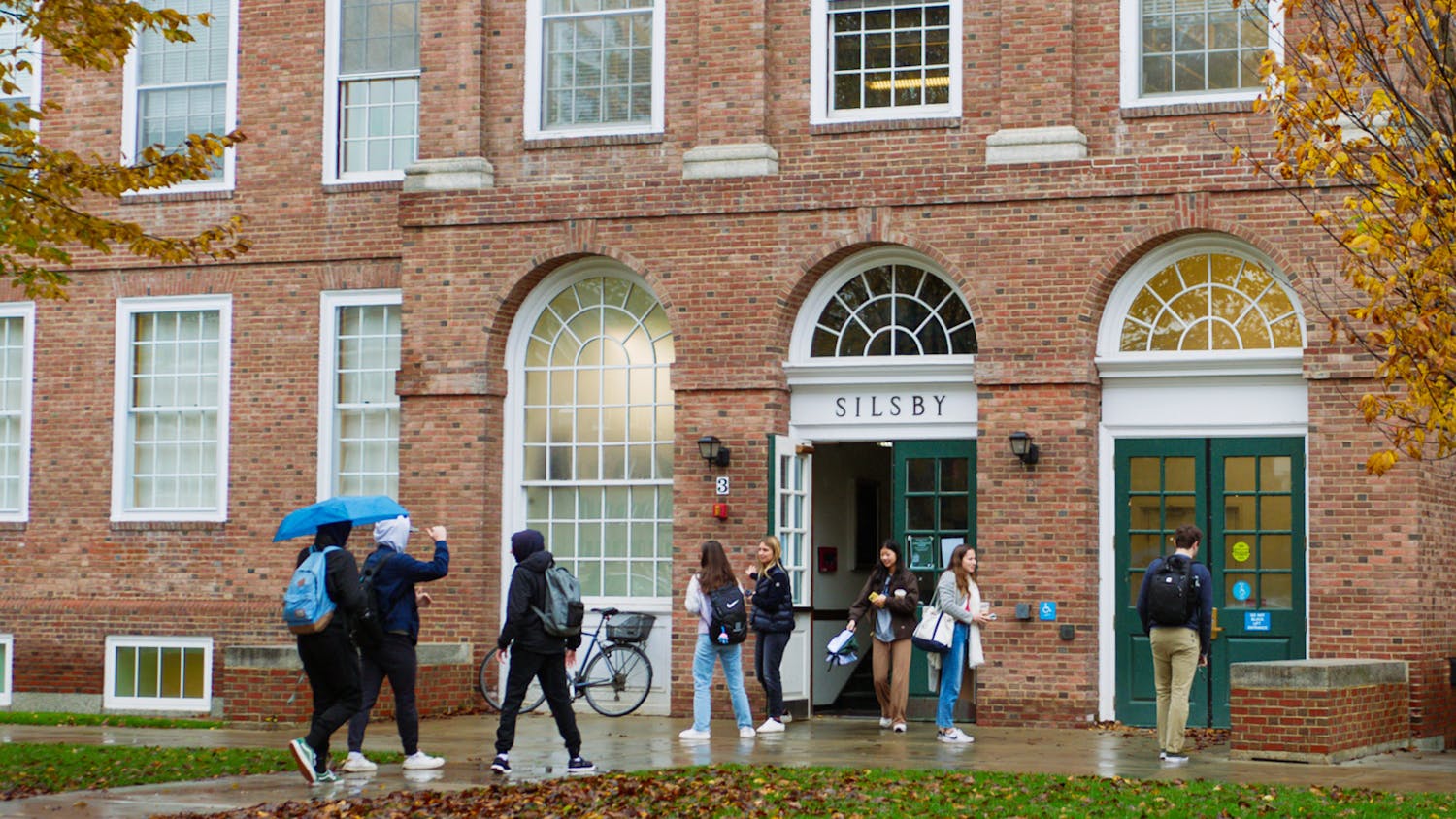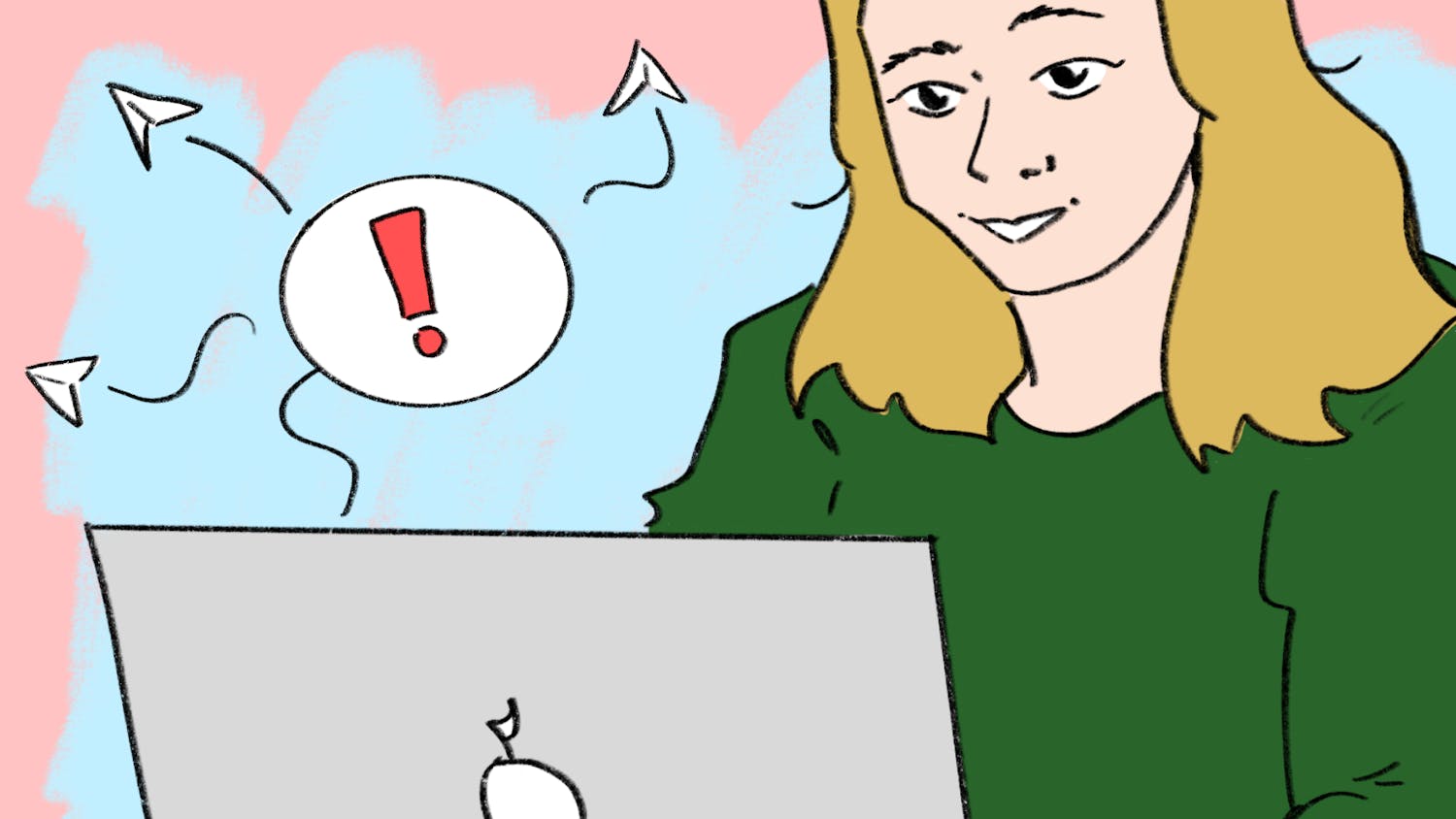Dartmouth students have the privilege of enjoying frequent concerts on campus. Just check your email or read the posters posted all over campus, and chances are, there’s at least one upcoming concert. To shed some light on the process of how musical artists make it all the way to Hanover, The Dartmouth sat down with booking manager, Alek Abate ’17 and general manager, Alison Guh ’17 of Friday Night Rock and executive director Jack Kirsch ’17 of the Programming Board, two organizations that keep the on-campus, live music scene thriving.
Friday Night Rock (FNR) is a student-run organization that brings small-scale concerts to campus, which are typically hosted in Sarner Underground. When asked how the process of selecting artists begins, both elaborated on the type of musician that the group looks for.
“We are called Friday Night Rock, but it’s kind of a misconception that we only have rock shows,” Guh explained. “FNR’s been kind of evolving in the last four years and we really try to get as wide a range of music to get as many people interested in music on campus as possible.”
Abate agrees with Guh about the diversity of genres that Friday Night Rock tries to include.
“These are the types of artists that are gaining exposure, but still haven’t hit [it] ‘super big,’ so they’re still within our budget,” said Abate.
The Programming Board (PB), on the other hand, is best known for the larger-scale concerts that they host, such as this past September’s House Kickoff featuring The Mowgli’s and the annual Green Key concert. However, Kirsch emphasized that the Programming Board also hosts smaller concerts, such as its Coffeehouse series.
“When you’re working with artists on that [larger] scale, you’re looking at a months-long process,” said Kirsch, who listed requirements like tech planning, security and working with a middle agent as particularly time-consuming.
Both Friday Night Rock and the Programming Board consider their budgets before booking an artist. Friday Night Rock usually offers between $2,000 and $3,000 for headliners, and Abate noted that they can negotiate with artists or their agencies once an artist has demonstrated interested in coming to Dartmouth. PB has a larger budget, primarily from the Student Activities Fund, but additional expenses like artists’ hotel rooms must also be factored into contracts.
“There’s so much that goes underneath the artist on stage,” Kirsch said. “[For example,] security is not a small expenditure. We have to have protection for both the artists and the stage, and also for the students. And medical services on hand for up to a 5,000-person concert.”
On the other hand, Abate and Guh both recounted instances in which artists stayed in students’ rooms after their performances to avoid paying pricey hotel fees. According to Abate, some artists have been known to “frat hop” after their performances, but others have to leave promptly afterward, especially if Dartmouth is just one stop on their tour.
Both organizations advertise their concerts similarly, through posters, emails and social media. In addition to the music itself, food and drinks are also provided at many performances to attract students. Even with all of the hard work that goes into keeping the shows flowing smoothly, the students involved with planning these events are also able to enjoy the performances.
Of course, not every show has run perfectly. In one especially stressful instance, Guh detailed how one artist called from the Manchester-Boston Regional Airport very shortly before their concert was supposed to begin. Thankfully, quick thinking and an extra-long set played by the opening band kept the audience oblivious to the panic happening backstage.
Slight hiccups can’t detract from the joy that these talented students feel from sharing the music they love with others. When asked about a personal favorite artist or band, Abate and Guh both answered !!! (pronouced as “chk chk chk”), a dance-punk band that cheered up the audience the weekend after the divisive 2016 presidential election results last term. Kirsch remembered rapper Lupe Fiasco, a childhood favorite of his, came to campus his freshman year. An especially memorable moment came just as Lupe Fiasco’s final song began when rain began pouring down, emphasizing the light show happening on stage.
Abate, Guh and Kirsch have all been invested in maintaining the live music scene at Dartmouth, since their freshman fall. For Abate, a lack of live music was a concern coming to Dartmouth since Hanover is not a metropolitan area. Joining FNR gave him the chance to not only quell his fears but also influence exactly who comes to campus. For Guh, live music was always abundant in her hometown of Los Angeles, California but she didn’t consider herself especially knowledgeable in music. After joining FNR with several people on her floor, she began to attend meetings and enjoyed the “refreshing taste of something different on campus,” she said. For Kirsch, the rewarding feeling of others having a great time because of his work makes his involvement worthwhile. He is especially proud of the Programming Board’s commitment to making events accessible to all, without the financial restraints of buying tickets.
It is because of Abate, Guh, Kirsch and many others that the live music scene at Dartmouth is so lively. And since the music offerings are so varied, nearly everyone will like, if not love, at least one of the shows. All three of the students I spoke to encourage students to check out a concert, because it offers both an alternative space for hanging out and an escape from often-stressful academics and extracurricular activities.
“If an event is an hour long or even less, and it’s something you’ve never done before […] take the chance, take the hour and go learn something new about yourself and maybe make a new friend,” Kirsch said.



